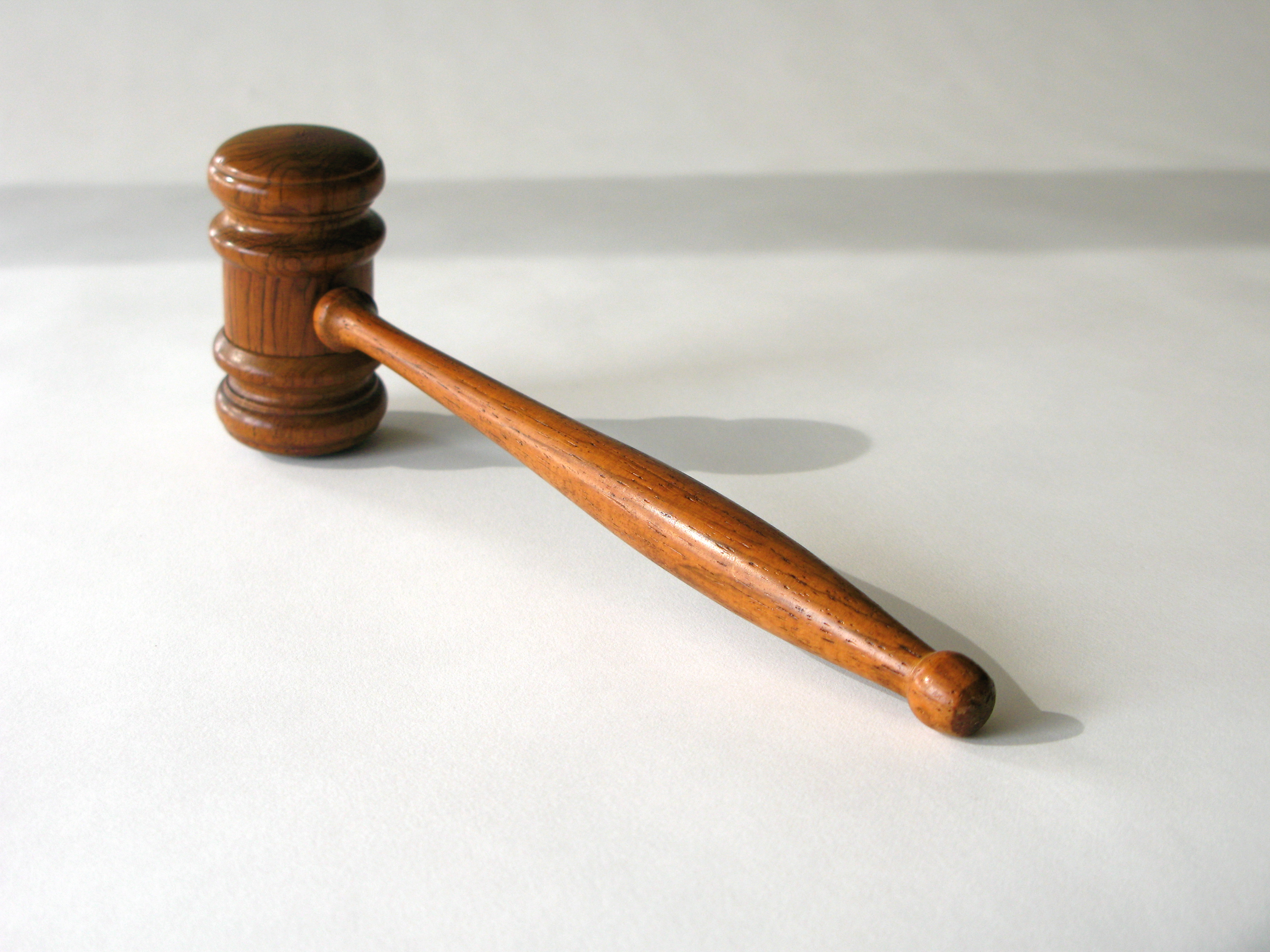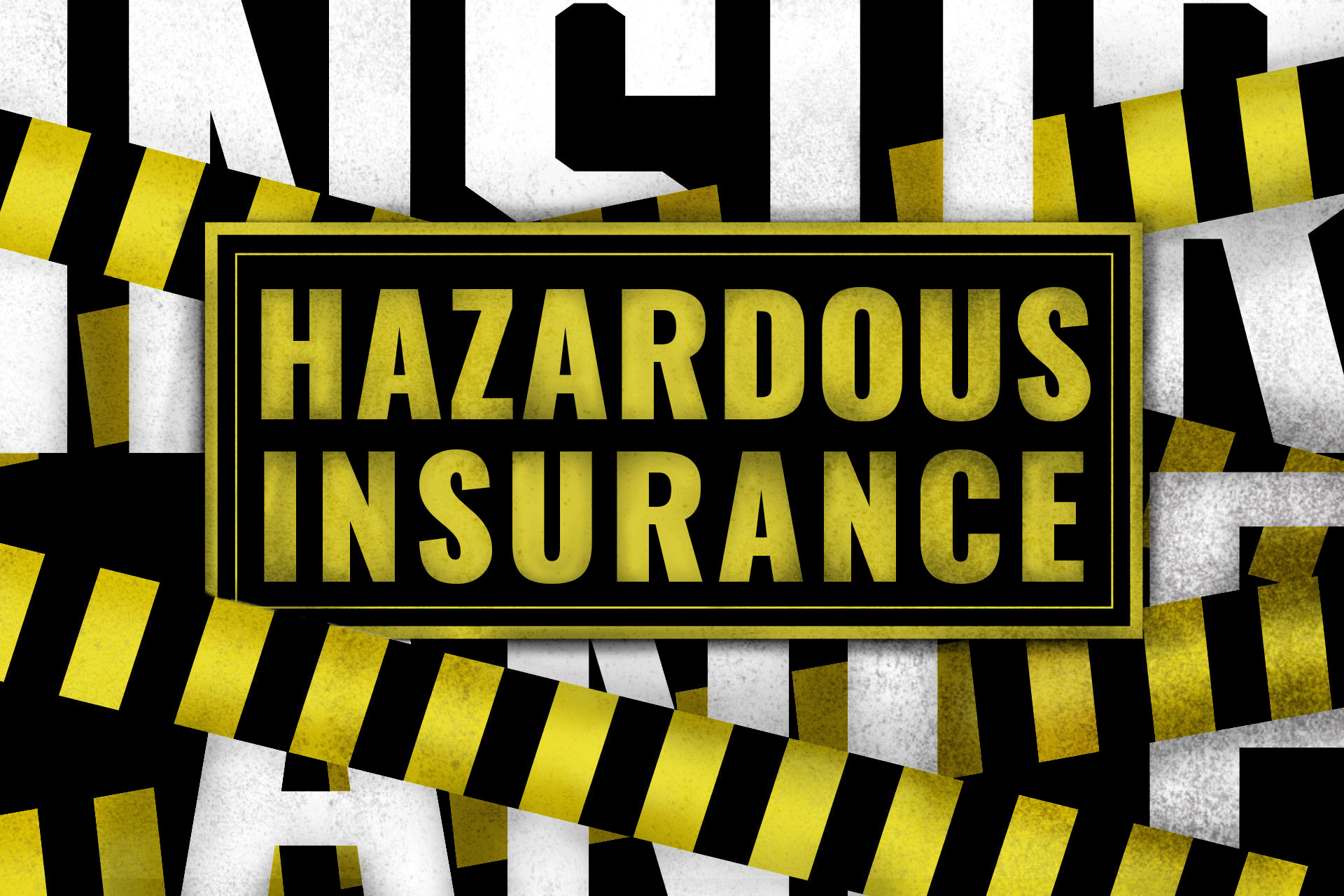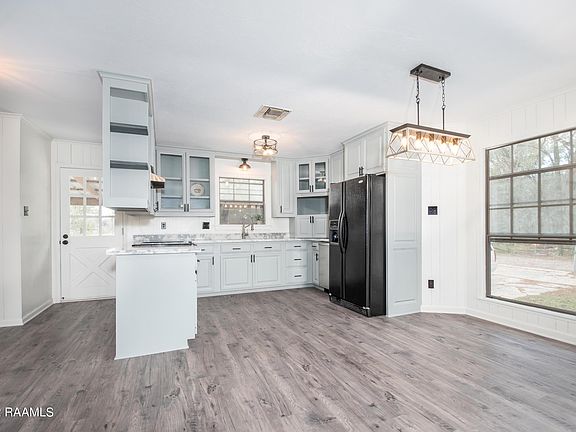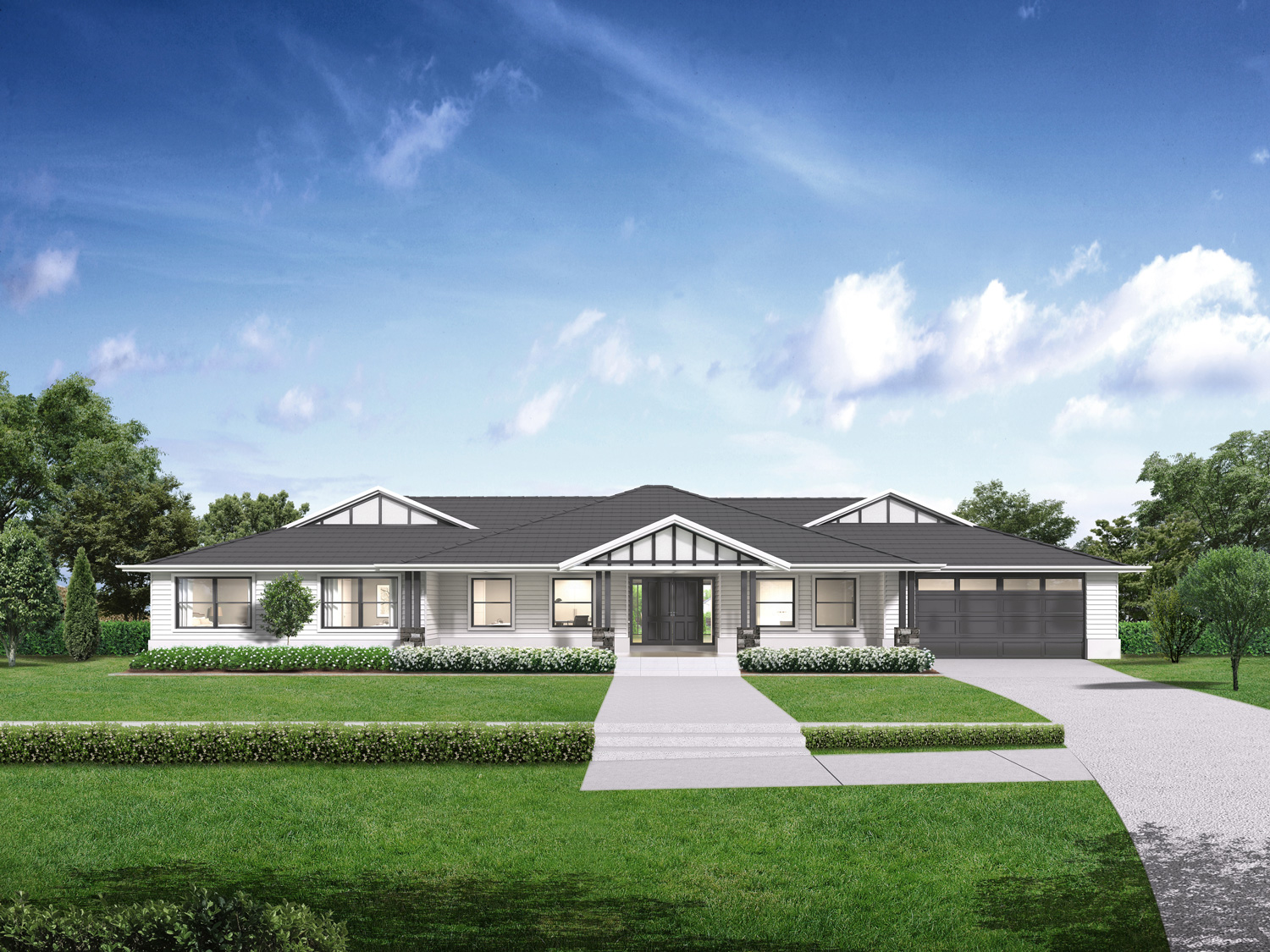Table of Content
So I would like lower rates but I haven't found another firm offering them. Imagine that a piece of land includes a wooded area, and the owner has seen evidence that people use those woods to camp. It's up to the landowner to make sure nothing happens that might put those people in peril, even if they were never granted permission to be on the land.

Vandalism and malicious mischief insurance is a type of insurance coverage that protects against losses sustained as a result of vandals. When purchasing vacant home insurance, ask about refund policies if you have to cancel your coverage before the policy expires. Some insurers will refund premium amounts paid up front if you end your coverage early.
How to buy flood insurance coverage
Say you own a rental home, for instance, and your tenant has given their notice. You expect it to take a month or two to find a replacement tenant and get them moved in. You may be able to use an endorsement to alter your current policy’s coverage until the home is occupied again. Personal property is typically accounted for in your policy as well.
You may be leaving your parcel of land undeveloped for a number of reasons. Maybe one day you plan on building a summer cabin or retirement retreat, or maybe you use the land to hunt and fish. No matter what your vacant land is used for, you might want to consider insuring it against certain risks.
What is property insurance?
Sudden and accidental tearing apart, cracking, burning, or bulging of a steam or hot water heating system, an air conditioning or automatic fire-protective system. Covers house and contents against 16 perils, which are named in the policy. Shivani Gite is a personal finance and insurance writer with a degree in journalism and mass communication.

Previously, she was the deputy managing editor at The Penny Hoarder. Her experience also includes a decade as a digital producer for a 24/7 news station based in the Tampa Bay area. She holds a degree in journalism and media studies from the University of South Florida St. Petersburg.
Vacant Home Insurance: Do You Need It? What Does It Cover?
Yes, a standard homeowners insurance policy includes protection for both property damage and personal liability. That means if your home or belongings are damaged by a covereed loss, home insurance can help cover the cost of repairs. Most standard home insurance policies come with actual cash value personal property coverage and replacement cost dwelling coverage. But depending on your insurer and what they offer, you may be able to upgrade to the next level of coverage for an additional fee. Property insurance is a type of insurance policy that can provide coverage for property owners or renters. Examples of property insurance include homeowners, renters, and flood insurance policies.

The property owner has every right to ask trespassers to leave or to set up barriers that make it difficult to trespass. They can even involve law enforcement, but they have no legal right to deliberately hurt someone. As a general principle, a landowner is not liable if someone trespasses on their land and is injured. For example, say the vacant land sits between a busy bus stop and a school, and children regularly cross the land to get to class. The landowner is aware their land is being used and could be held responsible if someone is hurt. No matter what a landowner allows people to do on their vacant land, from hunting to hiking, they can be held responsible if someone is hurt.
What Is a Homeowners Insurance Deductible?
Let's say a landowner and a friend regularly fish in the pond on their vacant land. That friend steps into a hole the landowner has been meaning to fill and breaks their ankle, requiring hours of surgery. If damage to your house is so severe that you can't live there for a while, loss of use coverage will help cover your expenses of finding a new, temporary place. For example, your agent may advise adding ordinance or law coverage. This insurance protects you from having to pay out of pocket to keep your home compliant with local building codes. Most carriers offer discounts if you buy more than one policy or if you safeguard your home with a burglar alarm or sprinkler system.

Earthquakes and other natural movements of the earth are not typically covered by insurance policies. A wide range of natural disasters is typically covered by your homeowners insurance policy, though not all of them. The typical inclusions for natural disasters include lightning, thunderstorms, hurricanes, and hail. Your policy may also include coverage for smoke damage, damage caused by falling items, or severe winds. Since some items depreciate quickly, this means you may not get enough money from a claim to replace the items that were lost or damaged.
Bankrate interviewed experts to learn why the Florida insurance market is in crisis. Be among the first to learn about the ever-changing crop insurance industry by subscribing to the ProAgMessaging system. If applicable to the policy, provide required contracts and/or organic certificates and plans. If applicable to the policy, verify any newly created added land / new P / T / TMA units are established meeting all the requirements outlined in the Crop Insurance Handbook . Rebecca Lake is a journalist with 10+ years of experience reporting on personal finance.

This may influence which products we review and write about , but it in no way affects our recommendations or advice, which are grounded in thousands of hours of research. Our partners cannot pay us to guarantee favorable reviews of their products or services. Some insurance companies require landowners to make hunters sign a waiver absolving the landowner of any wrongdoing. While this won’t protect you from all potential lawsuits, it can provide a safety net that otherwise wouldn’t exist. Bankrate.com is an independent, advertising-supported publisher and comparison service.
Common inclusions cover floods, mold, maintenance issues or earthquakes. Winter storm related damages should be covered, though it's best to confirm in your policy. Let GEICO help protect where you live and what you own with our different types of property insurance. Because some studies have shown a correlation between poor credit and filing claims, those with a checkered credit history may pay more for homeowners insurance. The average cost of homeowners insurance in the U.S. is about $1,784 a year, but rates vary by state. If you plan on using your property for hunting and allow others use it as well, it’s very important to purchase property insurance.

Water damage from burst pipes and rain or snow are covered by most homeowners insurance companies. Water damage from outside flooding and sewer backups are not covered, but you can buy separate flood insurance or add water backup coverage as an endorsement to make sure you’re fully protected. If your home is at risk of damage from hurricanes, it's essential that you have enough insurance coverage in place to protect your property. Your standard homeowners policy may not cover all hurricane damage, but you may consider purchasing a hurricane policy that supplies this additional protection.
They can clarify your policy’s current limits and advise whether you might need to adjust your coverage. This pays for you to stay elsewhere when your home is uninhabitable due to covered damage. If you need land insurance and aren’t sure where to start, contact a local independent insurance agent in our network. Your agent can help you compare quotes from multiple insurance companies and gather the information you need to make an informed decision about land insurance.


No comments:
Post a Comment